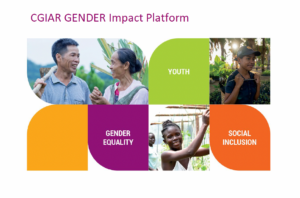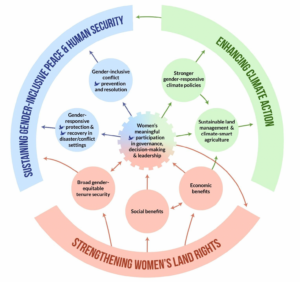The Environment and Gender Index ranks 72 countries on how they are translating gender and environment mandates into national policy and planning. The strongest performers are Iceland, Netherlands and Norway. The lowest rankings went to Democratic Republic of Congo, Yemen and Mauritania.
Major findings of the Index included:
– Information about women’s roles and access in environment- related sectors is not widely collected and reported. Sex- disaggregated data with broad country coverage in sectors such as forestry, agriculture, water, energy, marine, disasters, infrastructure, etc. does not exist. The discovery of this lack of information is significant because it shows we do not know the full story behind human dependence on the natural world, and women are virtually invisible.
– Implementation of global international agreements on gender and environment is lacking in most countries.
– The global average for women’s participation in inter- governmental negotiations on climate change, biodiversity, and desertification has peaked at 36 percent.




